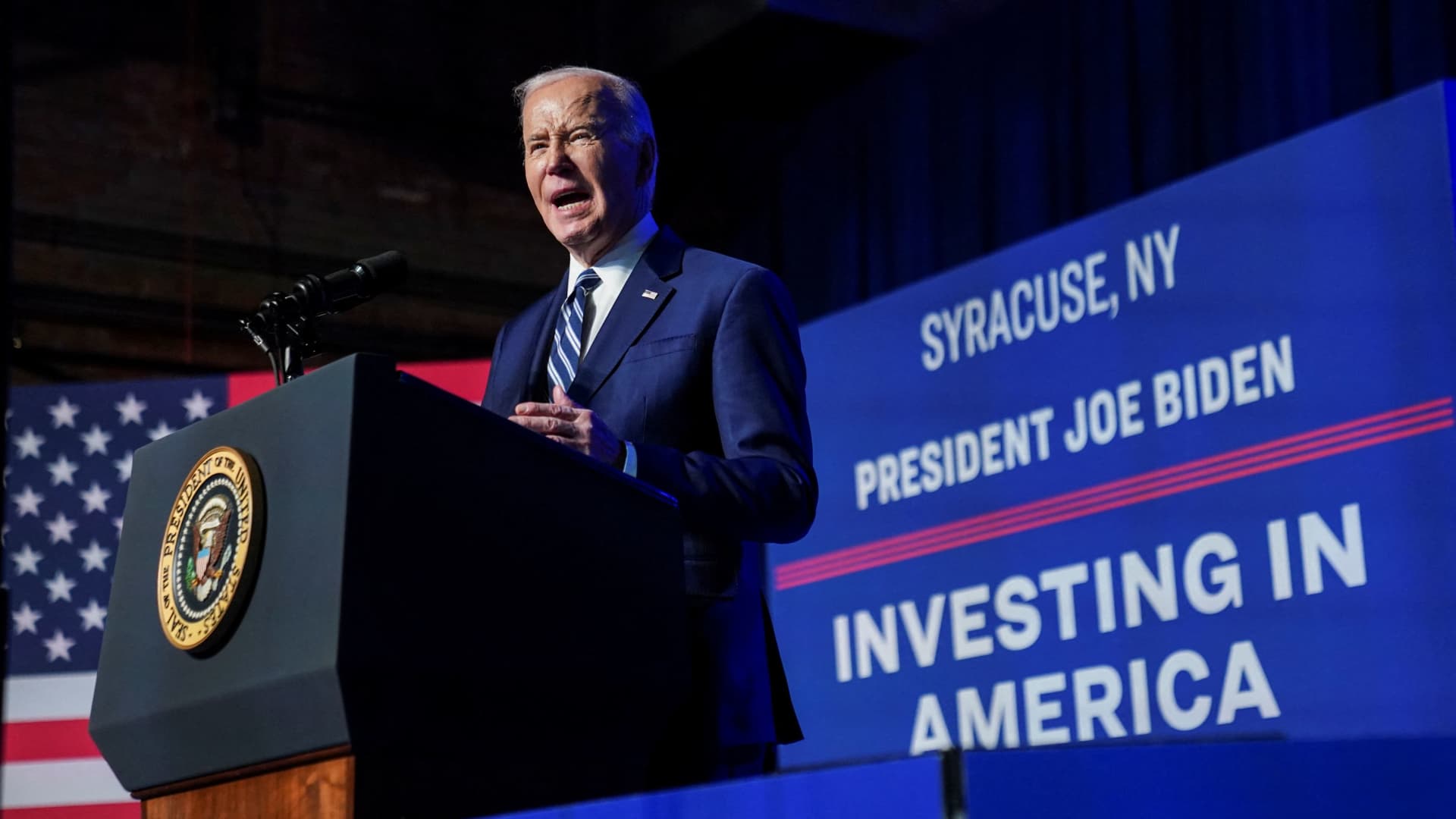SINGAPORE (Reuters) – Oil prices rose on Tuesday ahead of an OPEC+ meeting and on optimism that fuel demand will grow in the months ahead with the summer driving season starting in the United States, the world’s top oil consumer.
Brent crude futures for August gained 56 cents, or 0.8%, to $69.88 a barrel by 0125 GMT. U.S. West Texas Intermediate crude for July was at $67.33 a barrel, up $1.01, or 1.5% from Friday’s close, with no settlement price for Monday due to a U.S. public holiday.
“While there are concerns over tighter COVID-19 related restrictions across parts of Asia, the market appears to be more focused on the positive demand story from the U.S. and parts of Europe,” analysts from ING Economics said in a note on Tuesday.
“In the U.S., the summer driving season officially got underway following the Memorial Day weekend, and we have entered this period with gasoline inventories already trending lower, and not too far from a 5-year low for this time of the year.”
Tracking firm GasBuddy said Sunday’s U.S. gasoline demand jumped 9.6% above the average of the previous four Sundays, the highest Sunday demand since summer 2019.
Still, price gains were capped as more output is expected to hit the market.
The Organization of the Petroleum Exporting Countries and allies – known as OPEC+ – is likely to stick to the existing pace of gradually easing oil supply curbs at a meeting on Tuesday, OPEC sources said, as producers balance expectations of a recovery in demand against a possible increase in Iranian supply.
OPEC+ decided in April to return 2.1 million barrels per day (bpd) of supply to the market from May to July, as it anticipated global demand would rise despite surging coronavirus cases in India, the world’s third-largest oil consumer.
“We believe that the market will be able to absorb this additional supply, and so would expect the group to confirm that they will increase output as planned over the next 2 months,” ING Economics analysts added.
Reporting by Jessica Jaganathan; Editing by Muralikumar Anantharaman





